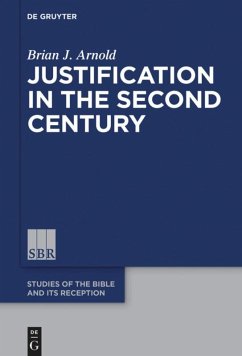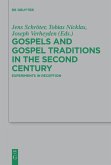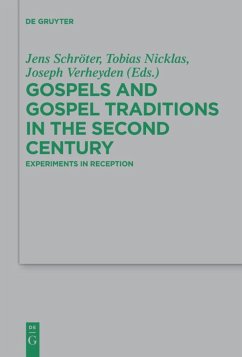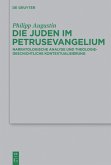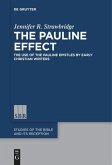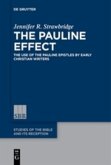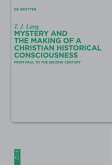This book seeks to answer the following question: how did the doctrine of justification fare one hundred years after Paul's death (c. AD 165)? This book argues that Paul's view of justification by faith is present in the second century, a thesis that particularly challenges T. F. Torrance's long-held notion that the Apostolic Fathers abandoned this doctrine (The Doctrine of Grace in the Apostolic Fathers, 1948). In the wake of Torrance's work there has been a general consensus that the early fathers advocated works righteousness in opposition to Paul's belief that an individual is justified before God by faith alone, but second-century writings do not support this claim. Each author examined-Clement of Rome, Ignatius of Antioch, Epistle to Diognetus, Odes of Solomon, and Justin Martyr-contends that faith is the only necessary prerequisite for justification, even if they do indicate the importance of virtuous living.
This is the first major study on the doctrine of justification in the second century, thus filling a large lacuna in scholarship. With the copious amounts of research being conducted on justification, it is alarming that no work has been done on how the first interpreters of Paul received one of his trademark doctrines. It is assumed, wrongly, that the fathers were either uninterested in the doctrine or that they misunderstood the Apostle. Neither of these is the case. This book is timely in that it enters the fray of the justification debate from a neglected vantage point.
This is the first major study on the doctrine of justification in the second century, thus filling a large lacuna in scholarship. With the copious amounts of research being conducted on justification, it is alarming that no work has been done on how the first interpreters of Paul received one of his trademark doctrines. It is assumed, wrongly, that the fathers were either uninterested in the doctrine or that they misunderstood the Apostle. Neither of these is the case. This book is timely in that it enters the fray of the justification debate from a neglected vantage point.

